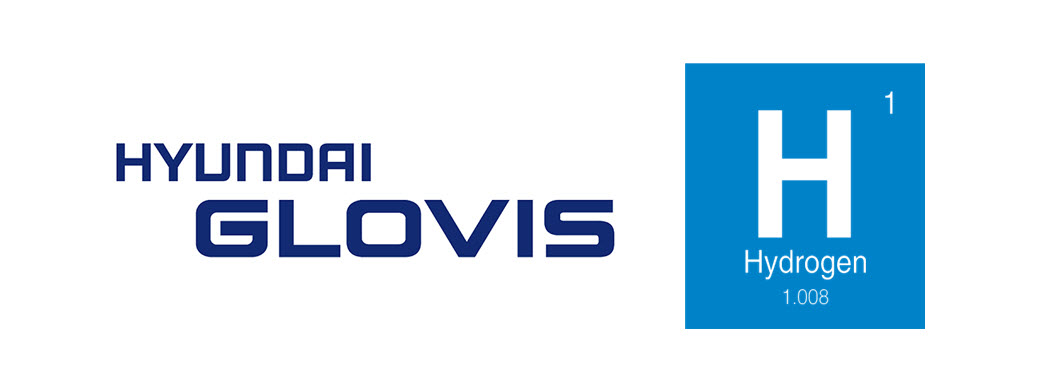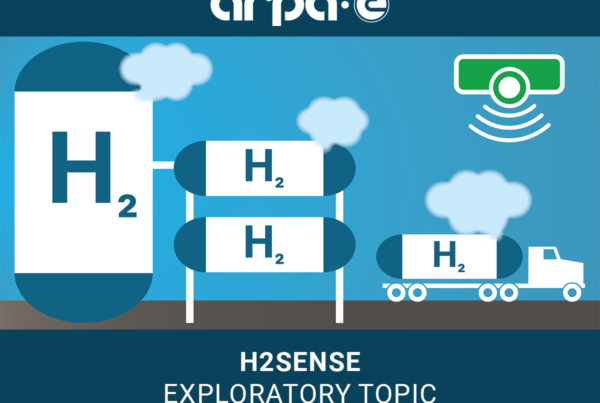
A total of six companies including Hinet, Hyundai Steel, and Hyundai Motors signed a’Memorandum of Understanding for the Development of the Hydrogen Distribution Industry for Hydrogen Vehicles’
A rapid, accurate and systematic hydrogen supply plan using the hydrogen SCM optimization platform from the first half of next year-Starting from the metropolitan area/Chungcheong area, the nationwide supply chain To be built… Expect to cut charging unit cost through reduction of logistics cost
Starting from next year, as systematic hydrogen supply through public-private collaboration becomes possible, the hydrogen charging price is expected to be 20% lower than the current level.With the establishment of a national hydrogen economy network, the public and private governments plan to accelerate the popularization of hydrogen by reducing logistics costs, which have been complicated so far, while increasing consumer benefits.
Hyundai Glovis, a global SCM company, announced that it has signed a’Memorandum of Understanding (MOU) for the development of the hydrogen distribution industry for hydrogen vehicles’ with HiNet (HyNet, Hydrogen Energy Network Co., Ltd.), Hyundai Steel, Hyundai Motors, Korea Gas Corporation, and SPG. .
Hyundai Glovis and other related companies participated in the groundbreaking ceremony of the hydrogen vehicle hydrogen supply delivery center held at Hyundai Steel’s hydrogen plant in Dangjin, Chungcheongnam-do, and laid the foundation for cooperation.
The gist of the MOU is to make efforts to facilitate hydrogen distribution through collaboration with related companies by establishing a shipping center in preparation for the upcoming hydrogen era.
As government ministries, including the Ministry of Trade, Industry and Energy, worked to build infrastructure such as expanding hydrogen charging stations and building supply chains as part of the’Road Map for Activating the Hydrogen Economy’, companies also formed a consensus on the importance of a series of processes from hydrogen production to consumption.
Customer satisfaction with systematic hydrogen supply
Hyundai Glovis and companies will start their business in earnest from the first half of next year. The hydrogen produced at Hyundai Steelworks in Dangjin is transported to Hinet hydrogen charging stations located in the metropolitan area and Chungcheong area. It is a vehicle capable of transporting up to 340 kg per time. The detailed input scale will be discussed later.
Hyundai Glovis expects the improvement of the hydrogen supply system to increase customer satisfaction. Currently, there is no integrated system for hydrogen transportation, so information on each stage of hydrogen production, transportation, and consumption was not linked, so the supply of hydrogen was not smooth, and unnecessary transportation costs were also required.
Hyundai Glovis is planning to innovate in the domestic hydrogen logistics market by using the’Hydrogen Supply Chain Management Optimization Platform’, which is being developed in-house. It is a strategy to contribute to the creation of a hydrogen ecosystem by supplying hydrogen to the right place using real-time data, leading to efficient logistics.
Data produced in each process, such as the remaining amount of hydrogen at the charging station, the status of the tube trailer operation, and the daily hydrogen shipments, are connected through a network. Hyundai Glovis plans to establish an optimal charging supply plan by applying an operating algorithm to this data.
In this way, it is possible to reduce logistics costs, and as a result, the hydrogen charging unit used by consumers is expected to be reduced by about 20% compared to the present.
The systematic management of hydrogen is expected to resolve misunderstandings about not only price but also risk. Hyundai Glovis manages vehicle location, rapid acceleration, and emergency situations in real time through the safety management system, constantly controlling possible safety accidents, and installing integrated terminals in all vehicles in operation to cause risks. It is planning to focus on securing safe operation, such as blocking in advance.
In addition, vehicle and equipment inspection activities and hazardous materials management safety training are scheduled to be conducted regularly to ensure the safety of drivers and equipment.
After stabilizing domestic business, seeking global advancement
Hyundai Glovis plans to establish a hydrogen supply chain for charging stations within a radius of 150 km from Dangjin, and expand logistics coverage nationwide in the future to build a tight supply chain for each region.
By discovering hydrogen producers such as Dangjin in various places in Korea and expanding and connecting a number of consumers (charging stations), the optimal transportation route will be established and logistics efficiency will be maximized.
In addition, when the domestic business model goes through the stabilization stage, it plans to further improve and develop it and promote related projects overseas.
The plan is to analyze the hydrogen policy and market by country to analyze the applicability of domestic business models, and to implement customized strategies according to the level of development of the hydrogen economy by country.
Furthermore, it is a strategy to bring in liquid hydrogen from overseas markets such as Australia by investing in the construction and acquisition of special ships in order to introduce liquid hydrogen, which will be a jumping point for the expansion of hydrogen society.
Public-private partnership to vitalize the hydrogen economy
This year, the public and private sectors are working together to revitalize the hydrogen economy as it seems that hydrogen supply will become more important in the future due to the expansion of hydrogen vehicle supply.
In the first half of the year, the Ministry of Commerce, Industry and Energy signed a mutual cooperation MOU with a total of 30 companies, including 16 private companies, to build an overseas clean hydrogen supply chain. Beyond increasing the demand for hydrogen, it is now time to increase the supply of high-quality hydrogen, and the public and private sectors agreed.
Hyundai Glovis is also working to create a hydrogen ecosystem. It is a blueprint to gradually convert diesel vehicles according to the hydrogen commercial truck operation plan. As soon as possible, a pilot project in the first half of next year will gradually convert the currently operating vehicle to a hydrogen truck. It can reduce greenhouse gas emissions of 77 tons per vehicle per year.
We are considering applying it first in Korea and then introducing it overseas. It is a strategy to contribute to eco-friendly, a global trend by reducing greenhouse gas emissions.
An official from Hyundai Glovis said, “It is important to have a stable hydrogen supply chain to accelerate the realization of the hydrogen economy.
Source: Hyundai
Read the most up to date Fuel Cell and Hydrogen Industry news at FuelCellsWorks




